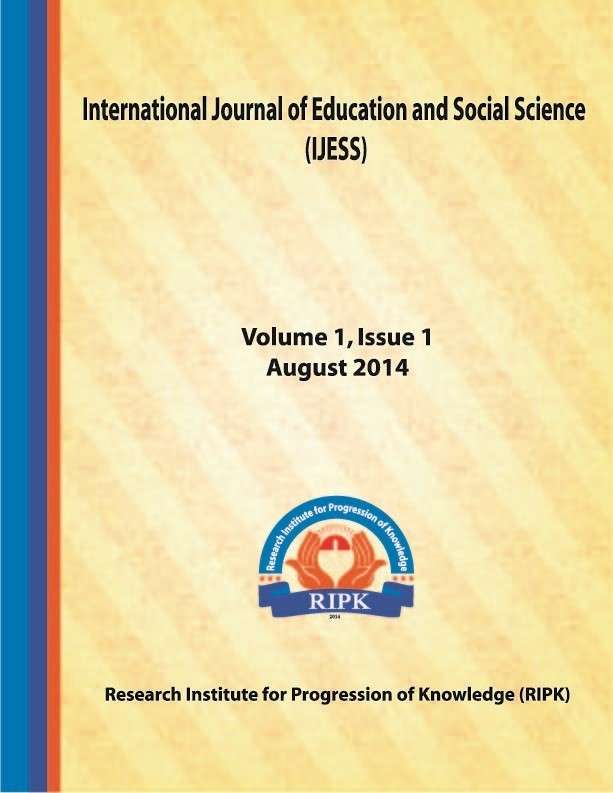An Examination of Digital Technology Skills in Higher Education in the Post COVID -19 Era
Dr. Juan Carlos Barrera
Abstract
Remote collaboration and working from home are two of the latest career-ready trends that require a basic understanding of information technology (IT) and new digital technology skills (DTS). The National Association of Colleges and Employers (NACE) has pointed out the critical role that higher education institutions play in assessing students’ DTS, while ensuring that university graduates have earned sufficient expertise in IT for a successful transition into today’s workplace. However, the COVID-19 pandemic revealed that people’s DTS needed to complete their work remotely varied across industries and professions, and it became more noticeable in the workplace when employers saw high employee turnover rates and chaotic work environments that resulted in decreasing productivity and individual performance struggles. Moreover, proficiency testing and certifications in basic DTS have failed to capture changes in the latest technology developments because their design and scope are mostly subverted to demonstrate proficiency with productivity software and some business applications, not on new technologies and their trends. Consequently, this research aims at surveying the students’ DTS in the scope of three domains: [1] Cyber Security Awareness, [2] Usage of the Internet or The World Wide Web, and [3] Productivity Software.
Full Text: PDF DOI: 10.70547/ijess-v11n2a1


